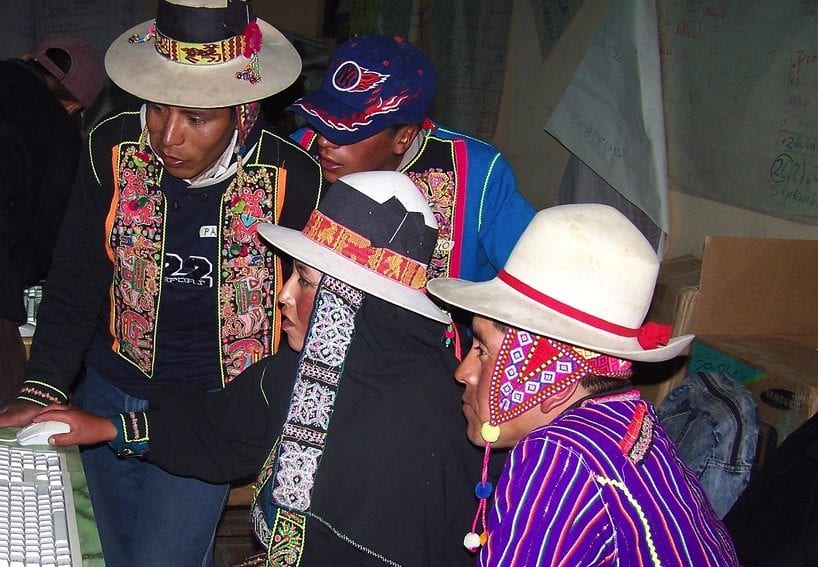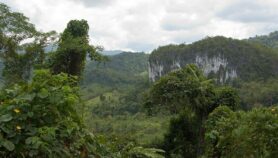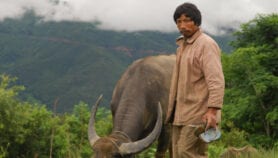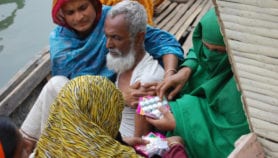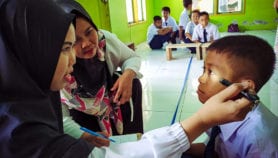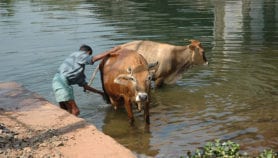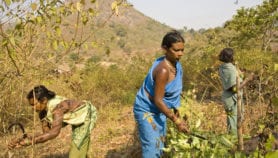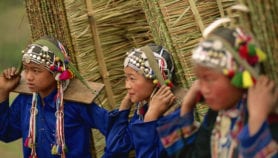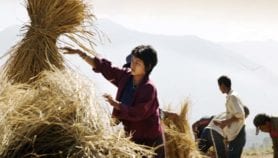Send to a friend
The details you provide on this page will not be used to send unsolicited email, and will not be sold to a 3rd party. See privacy policy.
[BALI] A push for putting a monetary value on ecosystems and their services is alien to many indigenous peoples in developing countries because the concept is too Western and they have "different ways of thinking", a conference in Bali, Indonesia, heard last week (26-30 August).
Michael Christie, a professor of environmental and ecological economics at Aberystwyth University, United Kingdom, said that more studies are needed to understand how indigenous people in developing countries value their ecosystems.
The valuation of ecosystem services is an emerging issue for the world's economic and environmental scientists, added Christie, who was speaking at the 6th Annual International Ecosystem Service Partnership Conference 2013.
While a country's GDP may be growing now, that gain might have been taken out from its natural capital compromising its future growth, he said.
"So it's important to include the 'green GDP' by valuing ecosystem services, and that should also be done in developing countries," said Christie, who has worked on a case study in the Solomon Islands to analyse how locals value the services their forest provides.
"In the Solomon study we got an unexpected result. The people there will not trade their forest, no matter how big the money is. For them, the forest services are priceless," Christie said. "I think this is because they are not used to monetary calculations, and because they get their daily needs from the ecosystem."
Christie recommended that local researchers are needed to do research into economic valuation.
"Indigenous people have different ways of thinking compared with those who lived in industrialised countries," he said. "So I think we need local researchers to bridge this difference. They would gain more reliable data."
Bill Maurer, director of the Institute for Money, Technology and Financial Inclusion at the University of California in Irvine, United States, tells SciDev.Net that he is not surprised with this finding, as many people do not share the Western assumption of attaching monetary value to something.
"Indeed, to many, the Western idea that money can create a system of equivalencies among everything — from food to air to natural resources, and even to time and human bodies — is downright bizarre," Maurer says.
Suyanto, a natural resources economist at the World Agroforestry Centre, says there should be new approach to economic valuation in developing countries and to learning how indigenous people value their ecosystems. Valuation should also include gender and the participation of marginalised groups, he adds.
"We have to make sure women and marginalised people are included in studies because they certainly have role in dealing with ecosystems," says Suyanto.
This article has been produced by SciDev.Net's South-East Asia & Pacific.


